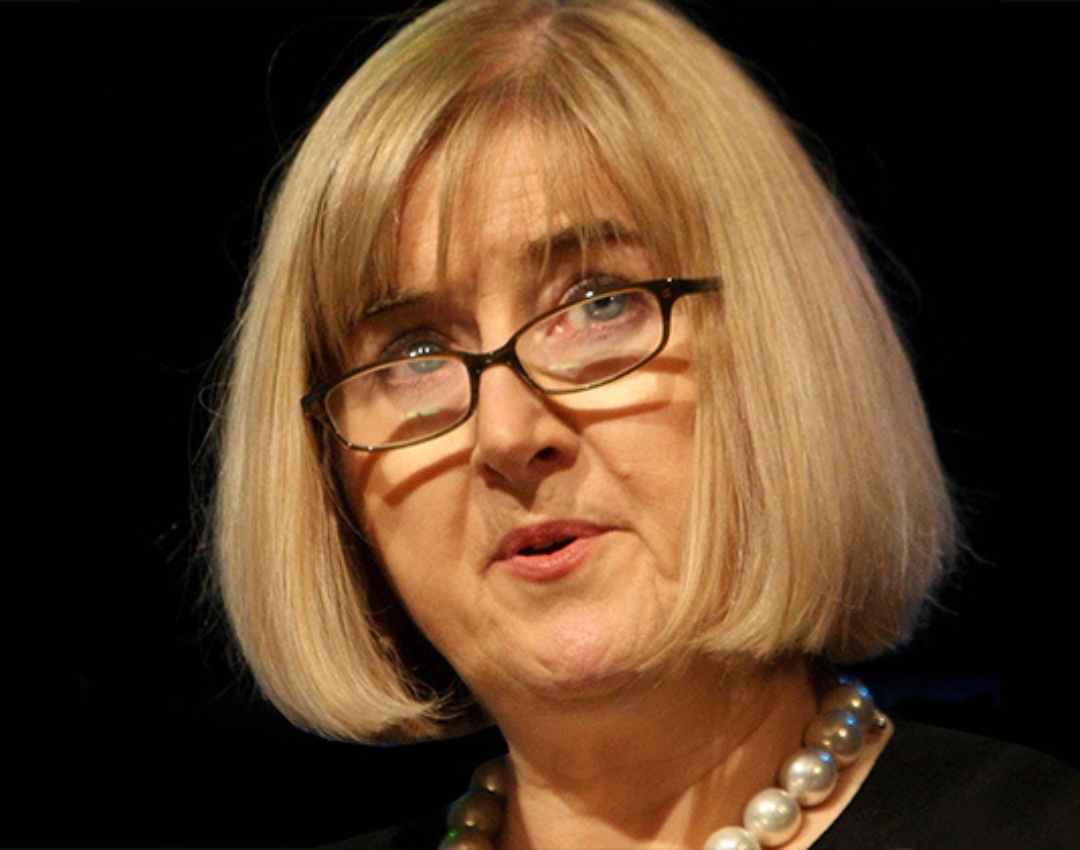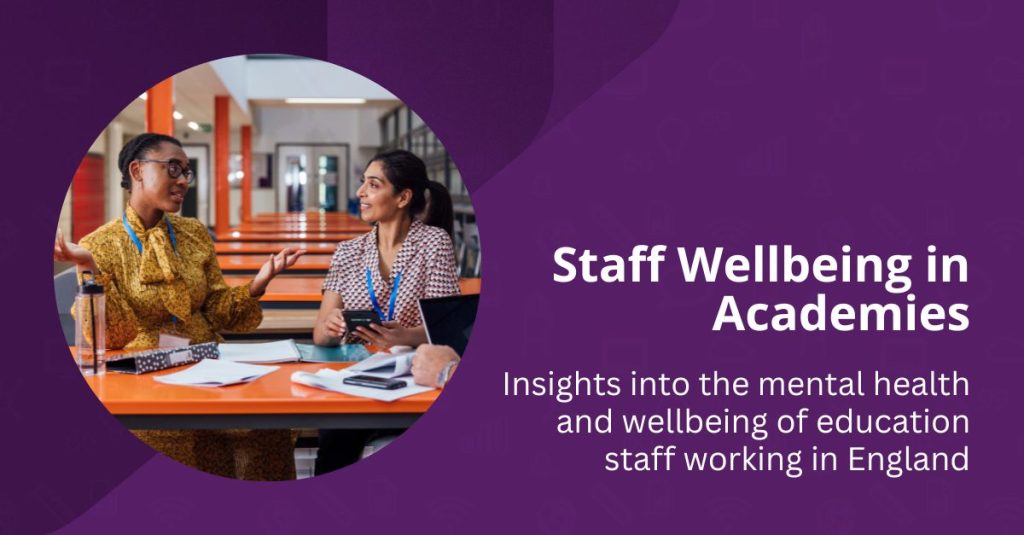Last week saw significant movements within the education sector, as Ofsted published its response to the Big Listen consultation, outlining the future of school inspections. Here's a summary of 5 key news stories from last week to help you stay informed about these important updates.
We hope you find this insightful. Have a productive week!
1. Single-word Ofsted judgements scrapped
Schools will no longer be graded as either Outstanding, Good, Requires Improvement or Inadequate, writes BBC.

The practice of issuing an overall one or two-word grade - either Outstanding, Good, Requires Improvement or Inadequate - has been scrapped with immediate effect.
The watchdog will continue to inspect schools against the same standards but will now only issue grades related to individual aspects of a school's performance.
Sir Keir Starmer rejected the suggestion the new system lacks the simplicity of the old one and said it would provide parents with a "richer picture" of what a school does well and where it requires improvement.
While overall gradings have been scrapped from today, a new system whereby parents will be able to view a "report card" describing what inspectors have found at a school will not be rolled out until September 2025, after a consultation.
For inspections this academic year, parents will see grades across the existing sub-categories: quality of education, behaviour and attitudes, personal development, and leadership and management.
Source: New Ofsted school grades will not confuse parents - PM (BBC.com)
2. Ofsted’s Big Listen response
Schools can expect a new inspection framework and more scrutiny over how inclusive they are, as part of an Ofsted "evolution", writes Tes.

Ofsted has announced a major overhaul of inspections in response to concerns raised in its Big Listen consultation.
Graded inspections will resume this academic year on 23 September, and ungraded inspections on 7 October. A scorecard inspection report system is expected to be introduced in September 2025.
The planned changes include:
- Replacing single-word judgements with a report card;
- Consulting on a new inspection framework;
- Consulting on a new inspection criterion for inclusion;
- Only contacting schools about inspection on a Monday;
- Pausing publication of reports over safeguarding.
In addition to this, Sir Martyn Oliver announced there will also be a greater focus on attendance, a review of SEND inspections, and greater support for inspectors.
Source: Ofsted’s Big Listen response: all you need to know (Tes.com)
3. Dame Christine Gilbert’s independent Ofsted review
Dame Christine Gilbert’s independent review of Ofsted’s actions following the death of Ruth Perry suggests the inspectorate prioritised volume over quality, writes Tes.

Last week, Dame Christine Gilbert published her independent review of Ofsted, which investigated the inspectorate’s actions following the death of headteacher Ruth Perry after an inspection last year.
Dame Christine led Ofsted as chief inspector from 2006 to 2011 and started the review in April.
The review found that the inspectorate’s efforts to give school inspections a more "human face" were "undermined" by budget cuts and a "pressure to complete the volume of required inspections".
Dame Christine spoke to more than 100 Ofsted staff while conducting the review from May to August this year, as well as teaching union representatives and Ms Perry’s family.
The key findings from her report are:
- It is "unlikely", considering the current pressure on public finances, that additional funding for inspection could be prioritised. Therefore, "the emphasis must be on doing well with limited resources".
- Ofsted is "chasing volume" of inspections over quality.
- Ofsted’s initial response to Ruth Perry’s death appeared “defensive and complacent”.
- It is "vital" that "appropriate behaviours" are reinforced through recruitment, induction and line management.
- An "emphasis on transparency and Ofsted’s own accountability" should be added to Ofsted’s set of values.
- The governing board should be "revised" and "better used".
Source: Ofsted target drove down quality of inspections (Tes.com)
4. School improvement teams "will offer support to all"
New regional teams pledged in Labour manifesto will be rolled out from early 2025, writes Schools Week.

Ministers announced last week that regional improvement teams – made up of the "best leaders and teachers in the country" – will start to be rolled out early next year.
Labour pledged before the election that the new teams would "work as partners with schools in responding to areas of weakness identified in new school report cards".
But the DfE has now confirmed the teams will offer support to all primaries and secondaries, with those deemed to be struggling getting enhanced assistance.
The department said it would engage with the sector on the best way to recruit the advisers – but experts have warned officials not to drain capacity from schools.
Source: School improvement teams ‘will offer support to all’ (schoolsweek.co.uk)
5. Phillipson meets with unions to plan new "partnership" model
Unions and employers would be asked for perspectives at an "early stage" of policy development, writes Schools Week.

Bridget Phillipson has met with unions to discuss a "new model" for the government to work in "partnership" with the school sector.
In an approach reminiscent of the "social partnership" pursued by the Blair government in the 2000s, unions and employers could be asked to contribute their perspectives to emerging policy at an "early stage".
The education secretary met with leaders of the National Education Union, NASUWT, ASCL, NAHT, Community, GMB, Unison, Unite and UCU.
It is the latest in a series of moves aimed at "resetting" a relationship that had become incredibly strained after 14 years of Conservative government, during which unions had grown increasingly frustrated.
Daniel Kebede, leader of the National Education Union, said it was "positive that the secretary of state is engaging with unions on arrangements for future dialogue. Decisions on education policy fundamentally always lie with the secretary of state. Future discussions on social dialogue are something I am committed to."
Source: Phillipson meets with unions to plan new ‘partnership’ model (schoolsweek.co.uk)
Explore more Edurio insights:




No comments.